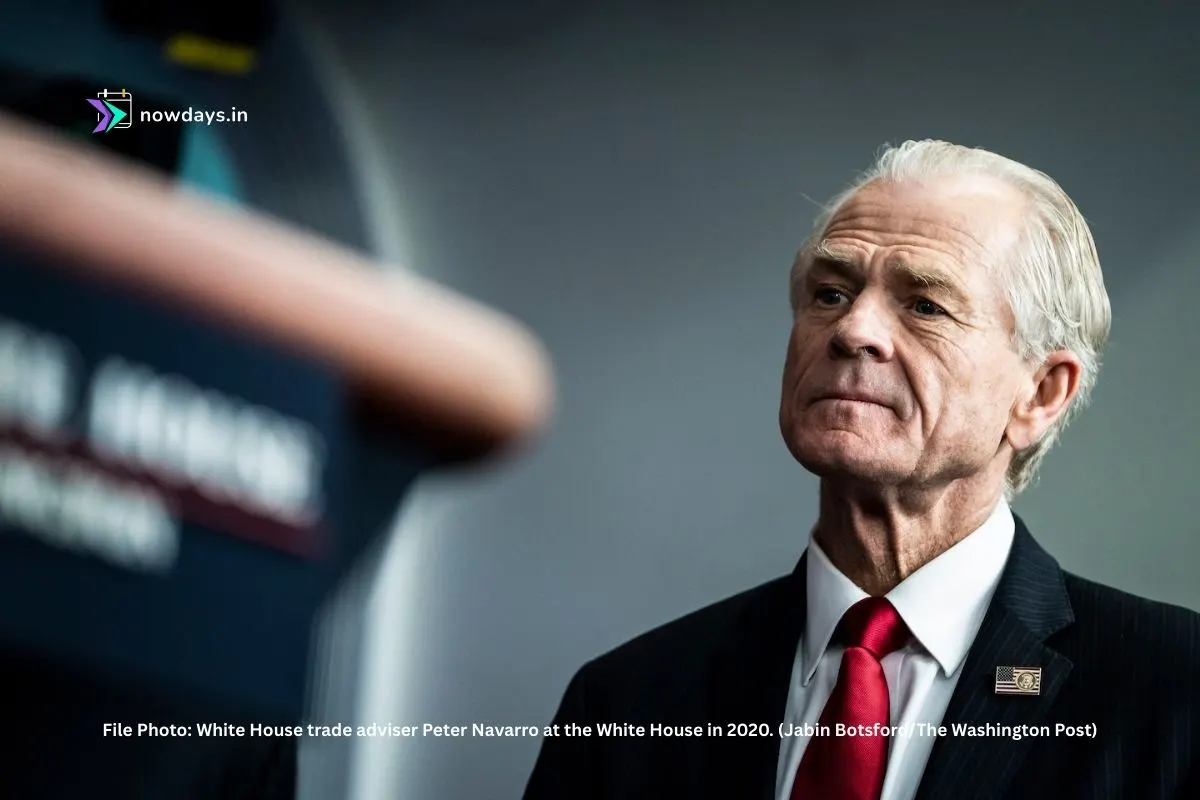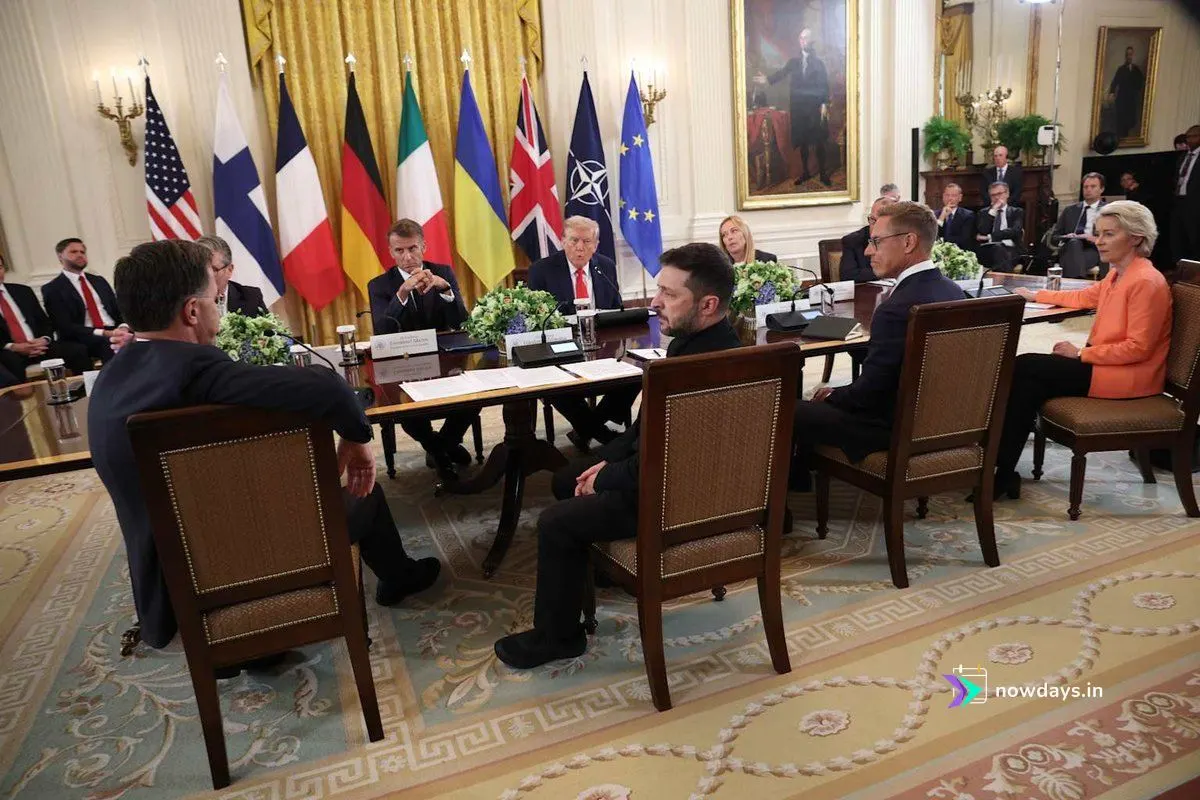United Nations Headquarters, New York – In an era of escalating geopolitical tensions, the United Nations faces mounting pressure to intervene when member states exchange serious accusations, from territorial claims to human rights violations. As neutral ground for diplomacy, the UN’s involvement is often pivotal in de-escalating conflicts and fostering resolutions, but experts debate its effectiveness amid power imbalances and veto powers. With rising incidents of verbal sparring at forums like the General Assembly, calls grow for the organization to enhance its mediation tools, ensuring impartiality and adherence to international law.
This question gains urgency as nations increasingly use global platforms to air grievances, potentially stoking instability. The UN Charter, under Article 33, mandates peaceful dispute resolution through negotiation, enquiry, mediation, or judicial means. Yet, when allegations fly—such as claims of aggression or interference—the body’s role shifts from observer to active facilitator, aiming to prevent escalation into broader crises.
The UN’s Core Functions in Dispute Resolution
At its foundation, the UN acts as a mediator, deploying preventive diplomacy to halt disputes before they turn violent. The Department of Political and Peacebuilding Affairs (DPPA) leads these efforts, offering “good offices” where the Secretary-General or envoys facilitate talks without formal authority. This approach emphasizes dialogue, as seen in historical interventions like Namibia’s independence, where UN oversight ensured fair transitions.
When allegations involve trade or economic sabotage, specialized bodies step in. The United Nations Commission on International Trade Law (UNCITRAL) harmonizes rules for cross-border commerce, providing frameworks to resolve disputes impartially. For instance, if nations accuse each other of unfair trade practices, UNCITRAL’s model laws guide arbitration, promoting fair outcomes without bias.
In security-related claims, the International Court of Justice (ICJ) offers binding rulings, though enforcement relies on member compliance. The Security Council can authorize investigations or sanctions, but vetoes from permanent members often hinder action, as highlighted in analyses of stalled resolutions on regional conflicts.
Expert Perspectives: Calls for Stronger Mediation
Diplomacy specialists advocate for the UN to prioritize impartial mediation, maintaining neutrality while upholding universal norms like human rights. A UN guidance document stresses that mediators must ensure balanced processes, avoiding material interests in outcomes and remaining transparent about guiding principles. “Impartiality isn’t neutrality; it’s about fairness in upholding international law,” notes a DPPA expert in a briefing, emphasizing the need to engage all parties, even in heated exchanges.
Think tanks like Chatham House argue the UN should expand preventive tools, such as early warning systems, to address allegations before they spiral. YouTube analyses from UN-affiliated channels, including those on global peacebuilding, underscore successful cases like the Dayton Accords, where multi-party mediation resolved accusations in the Yugoslav conflicts[136, inferred from video discussions]. However, critics point to failures, like in prolonged disputes where punitive measures undermined trust, as seen in Burundi’s sanctions complicating talks.
Legal scholars from sources like iPleaders emphasize mediation’s voluntary nature, warning that prescriptive approaches can backfire. “The UN’s strength lies in facilitating consensus, not imposing solutions,” says a conflict resolution analyst, citing how joint efforts with regional bodies enhance credibility.
Challenges and Criticisms in UN Interventions
Despite its mandate, the UN grapples with limitations. Veto powers in the Security Council often paralyze responses to allegations involving major players, leading to perceptions of bias. A World Journal of Advanced Research and Reviews study notes that while the UN excels in dialogue forums, enforcement gaps erode trust, as in cases where arbitration fails due to non-compliance.
Trade-specific disputes highlight another layer: The UN collaborates with the World Trade Organization (WTO) for allegations of unfair practices, providing dispute settlement mechanisms that prioritize multilateral rules over unilateral actions. Yet, experts warn that without reforms, such as expanding mediation resources, the UN risks irrelevance in an age of hybrid threats.
YouTube experts from Open Text WSU discuss how conflicts reduce trade and welfare, urging the UN to integrate economic mediation to counter allegations’ ripple effects.
The Path Forward: Enhancing UN Effectiveness
To better handle traded allegations, the UN should bolster hybrid approaches, combining mediation with legal tools like ICJ advisory opinions. Experts recommend increasing women’s roles in mediation for diverse perspectives, as studies show higher success rates. Regional partnerships, such as with the African Union, could amplify impact, ensuring culturally sensitive resolutions.
Ultimately, the UN’s role is to transform accusations into opportunities for peace, upholding the Charter’s spirit. As global tensions rise, strengthening its impartial mechanisms could prevent minor disputes from becoming major conflagrations, fostering a more stable world order.









